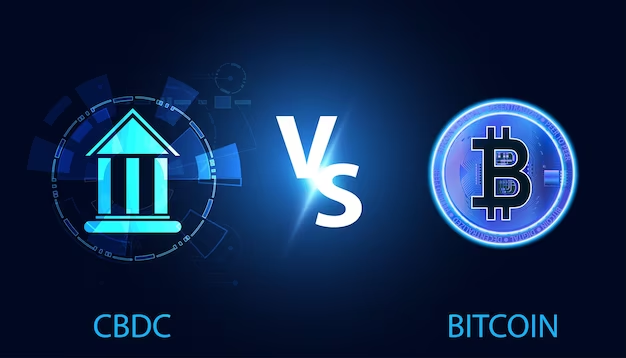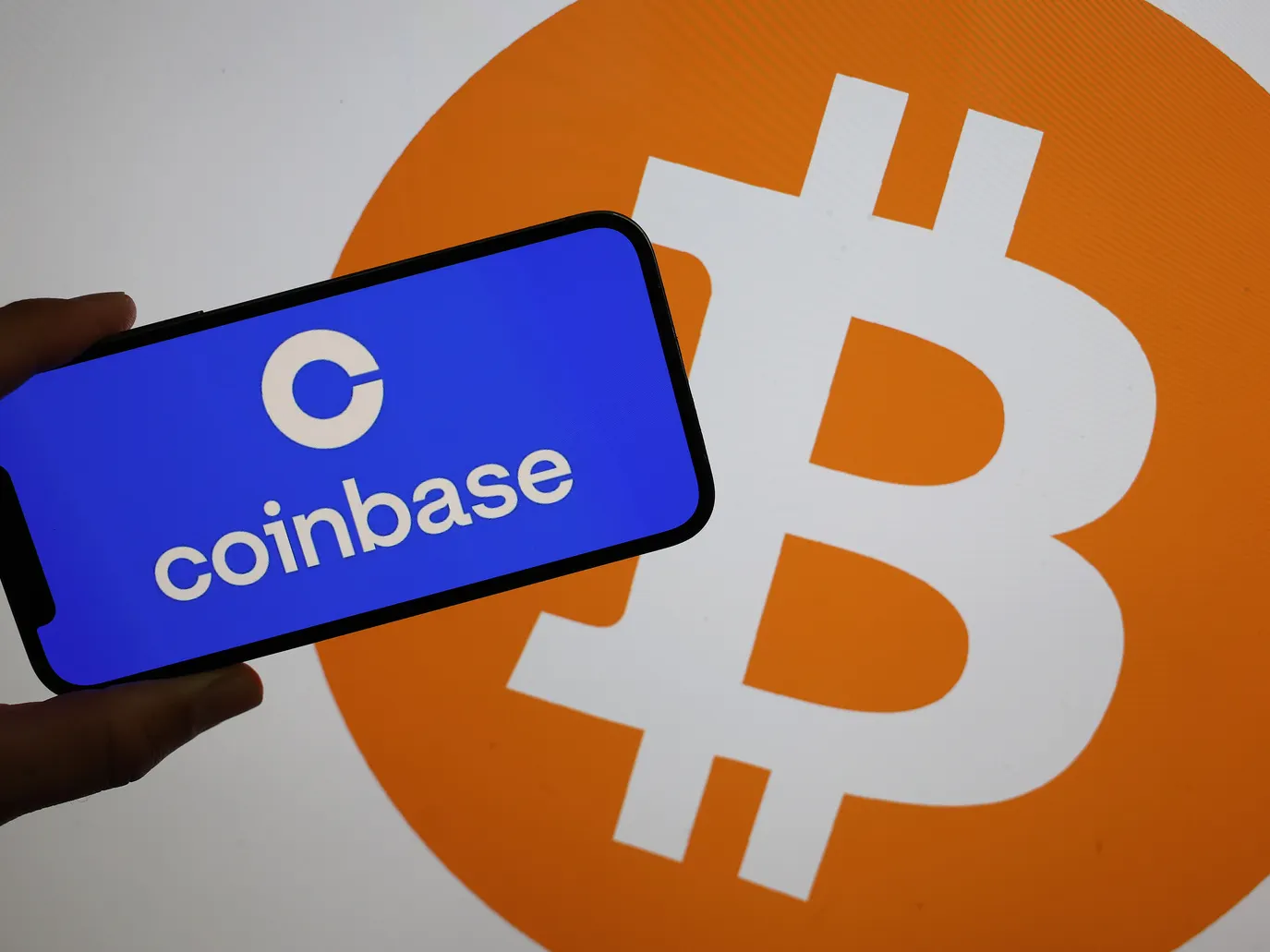Introduction
Bitcoin, the pioneering cryptocurrency introduced by Satoshi Nakamoto in 2009, has emerged as a transformative force in the global economy. From its humble beginnings as a peer-to-peer electronic cash system to its current status as a widely recognized digital asset, Bitcoin has disrupted traditional financial systems and sparked debates about its role in shaping the future of money. In this comprehensive analysis, we explore Bitcoin’s evolving role in the global economy, examining its impact on financial markets, monetary policy, international trade, and socioeconomic dynamics.
The Impact of Bitcoin on The Global Economy
Understanding Bitcoin
Before delving into Bitcoin’s role in the global economy, it’s essential to understand its fundamental principles and characteristics. Bitcoin operates on a decentralized blockchain network, enabling peer-to-peer transactions without the need for intermediaries such as banks or governments. Its limited supply of 21 million coins, cryptographic security, and transparent ledger have positioned it as a digital store of value and medium of exchange.
Bitcoin’s Impact on Financial Markets
Bitcoin’s emergence has disrupted traditional financial markets, offering investors an alternative asset class with unique properties. The volatile nature of Bitcoin’s price has attracted speculators and traders, leading to increased liquidity and trading volumes on cryptocurrency exchanges. Institutional adoption of Bitcoin, evidenced by companies like Tesla and MicroStrategy adding it to their balance sheets, has further legitimized its role as a hedge against inflation and economic uncertainty.
The Impact of Bitcoin in the Financial Market. A Cybernetics Approach
Bitcoin and Monetary Policy
Bitcoin’s decentralized nature challenges the traditional fiat monetary system governed by central banks and governments. Its fixed supply and predetermined issuance schedule contrast with the inflationary policies of fiat currencies, making it a deflationary asset over time. This has sparked debates about Bitcoin’s potential to serve as a global reserve currency or a hedge against currency debasement, particularly in countries with unstable fiat currencies or hyperinflationary economies.
Bitcoin’s Role in International Trade
Bitcoin’s borderless nature and low transaction costs have facilitated cross-border payments and remittances, particularly in regions with limited access to traditional banking services. Moreover, the use of Bitcoin for international trade settlements has gained traction, offering merchants an alternative to traditional payment systems and reducing reliance on intermediary financial institutions. However, challenges such as regulatory uncertainty and price volatility remain barriers to widespread adoption in international trade.
The Role Bitcoin Plays In International Trade
Socioeconomic Implications of Bitcoin
Bitcoin’s decentralized and permissionless nature has implications beyond finance, with potential socio-economic impacts on global wealth distribution, financial inclusion, and individual sovereignty. Its censorship-resistant properties empower individuals to control their finances and transact freely, bypassing traditional banking systems and government regulations. However, concerns about wealth inequality, environmental sustainability, and illicit activities associated with Bitcoin’s use underscore the need for responsible adoption and regulation.
Socioeconomic Consequences Stemming from Bitcoin’s Constant Supply
Challenges and Future Outlook
Despite its disruptive potential, Bitcoin faces several challenges on its path to mainstream adoption and integration into the global economy. Regulatory uncertainty, scalability issues, and environmental concerns are among the key challenges that must be addressed to realize Bitcoin’s full potential. However, ongoing technological innovations, regulatory clarity, and increasing institutional interest signal a promising future for Bitcoin as a transformative force in the global economy.
Bitcoin’s Future Prospects and Challenges in 2024
Conclusion
In conclusion, Bitcoin’s role in shaping the global economy is multifaceted, spanning financial markets, monetary policy, international trade, and socio-economic dynamics. Its decentralized nature and unique properties challenge traditional financial systems and offer new possibilities for financial inclusion, economic empowerment, and individual sovereignty. While Bitcoin faces challenges and uncertainties, its potential to revolutionize the global economy cannot be ignored. By understanding Bitcoin’s fundamental principles and its implications for the future of money, stakeholders can navigate the evolving landscape of the global economy and embrace the opportunities it presents.




















